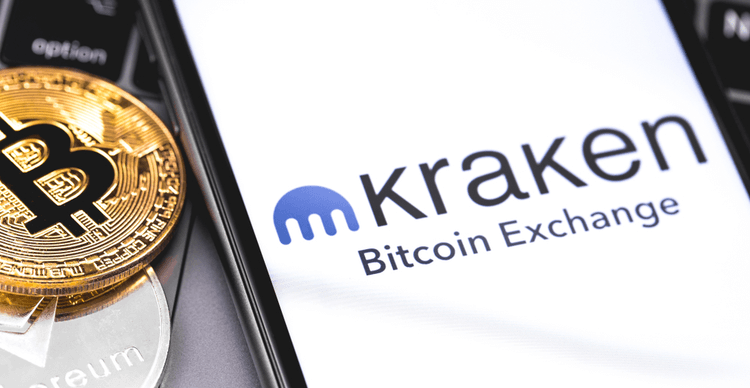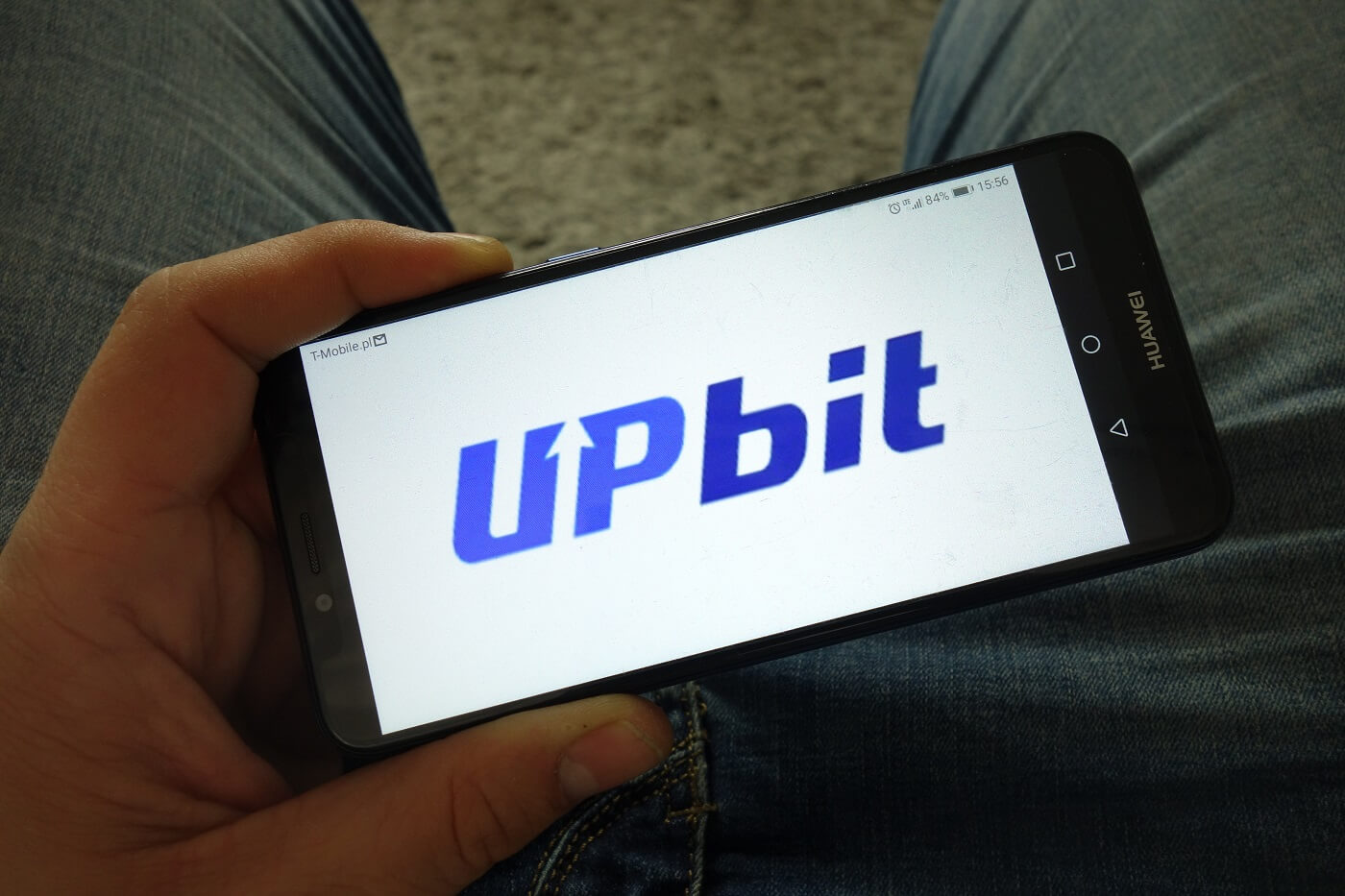Image source: Vodafone Group plc
Yesterday (4 February), wasn’t a good day for those with a vested interest in the Vodafone (LSE:VOD) share price.
The value of the telecoms giant fell 7%. This was despite it announcing a 5% increase in revenue for the quarter ended 31 December 2024 (Q3), compared to the same period a year ago.
Encouragingly, the improvement in sales has helped the company’s bottom line. Looking back to the start of its 2024 financial year, the quarter saw its highest earnings. Also, there was a net increase of 23,000 mobile customers during the period.
| Period | Adjusted EBITDAaL (€bn) |
|---|---|
| Q1 FY24 | 2.63 |
| Q2 FY24 | 2.80 |
| Q3 FY24 | 2.80 |
| Q4 FY24 | 2.80 |
| Q1 FY25 | 2.68 |
| Q2 FY25 | 2.73 |
| Q3 FY25 | 2.83 |
This meant the company was able to reiterate that it was on target to report EBITDAaL (earnings before interest, tax, depreciation and amortisation, after leases) — its preferred measure of profitability — of “circa €11bn” (£9.15m) for the full year (FY25).
This is in line with the forecasts of the 12 analysts covering the stock. Their range of estimates is for FY25 earnings of €10.94bn-€11.28bn, with an average of €11.02bn.
On the face of it, the reaction of investors is surprising to me.
Digging deeper
But revenue in Germany is still falling. In 2024, the government outlawed the sale of bulk pay-TV contracts in apartment blocks. This means residents are now allowed to choose their own providers.
As a result, Vodafone lost over half of the customers affected. Although this was expected, excluding those impacted by the law change, service revenue was still down 2.6%.
This is clearly a concern given that 34% of the group’s revenue comes from the country.
And then there’s the perennial problem of Vodafone’s debt. Telecoms infrastructure doesn’t come cheap, which means the group’s had to borrow enormous sums.
To address the issue, the company’s been selling various divisions and non-core assets to generate some funds to help reduce its level of borrowings.
The sale of its Italian business brought in €8bn of cash. Of this amount, €2bn is expected to be used for share buybacks and the rest for paying down its debt. There was no mention of current net debt levels in the Q3 announcement. This might also explain the apparent investor nervousness.
Frustrating times
However, although I acknowledge these concerns, I struggle to understand the apathy towards the company. It’s not a recent phenomenon. For several years now, the share price has been falling. It’s hard to believe that Vodafone was once the UK’s most valuable listed company.
It exited Italy for 7.6 times EBITDAaL. On this basis, Vodafone should be valued at €83.6bn (£69.5bn). But businesses are usually sold without any debt. At 30 September 2024, the group had net debt of €31.8bn (£26.4bn). Remove this and I think a valuation of €51.8bn (£43.1bn) can be justified.
That’s a 155% premium to its current stock market valuation.
With a yield of 5.6%, the dividend’s not bad either — the average for the FTSE 100 is 3.6%. Although the 50% cut in 2024 is a stark reminder that payouts are never guaranteed.
Looking to the future, regulatory approval has been received to merge its domestic operations with Three. Interestingly, excluding Türkiye — where revenue was helped by rampant price inflation — the UK market saw the biggest increase in Q3 sales.
For these reasons, I think Vodafone’s a stock that value investors should consider buying.
Credit: Source link














